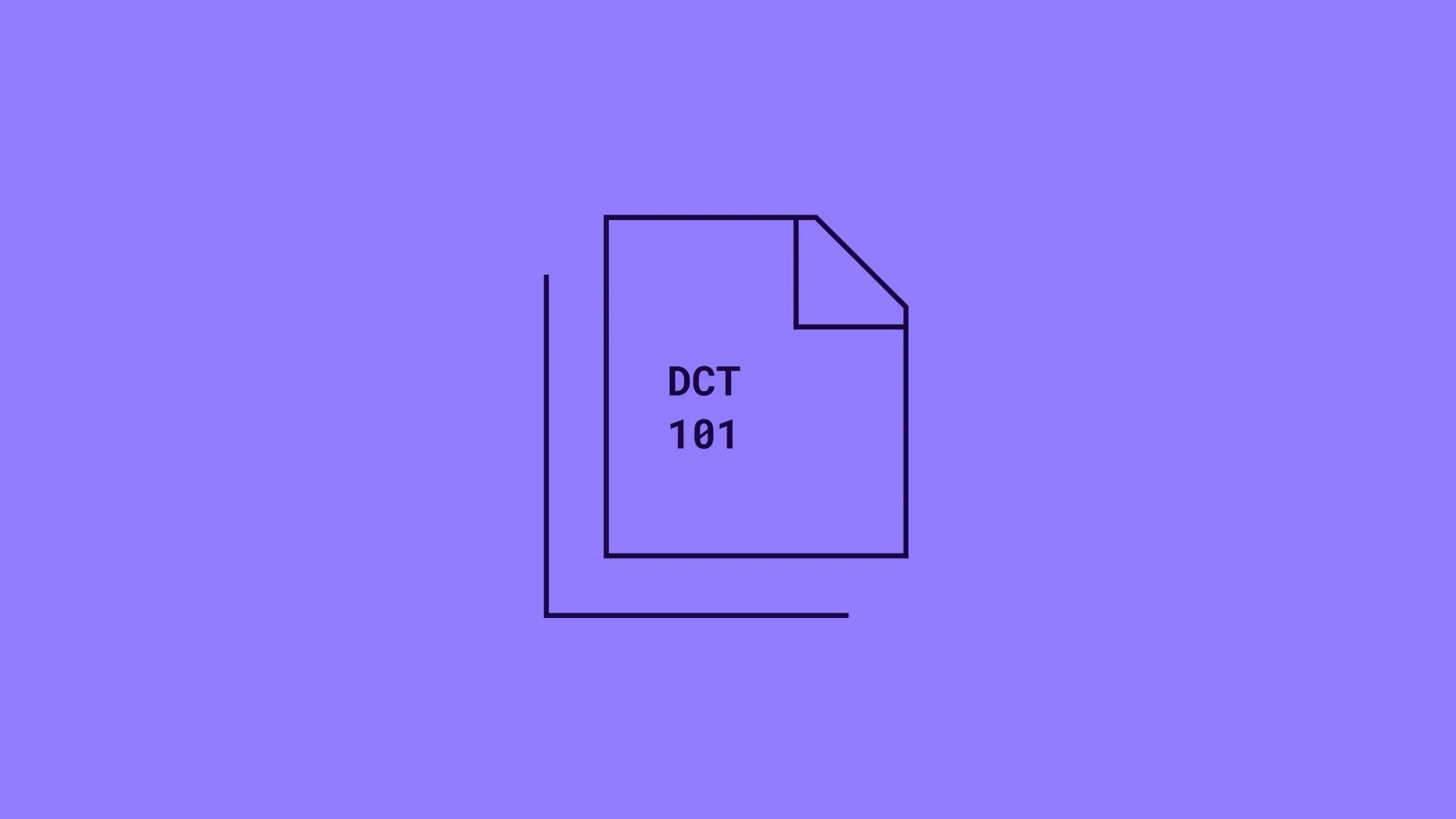eCOA


Playing catch-up: FDA wants “patient’s voice” ePRO in your oncology trial
For years now, the FDA has been making one point crystal clear to sponsors and CROs across our industry; they want the patient voice incorporated whenever possible in oncology trials.
The FDA's initiative is driven by the recognition that a patient's personal experience with a disease and its treatment is a unique and essential measure of a medical product's benefit and risk.
- Rationale: The FDA explicitly states that "patients provide a unique perspective on treatment effectiveness" and "some treatment effects are known only to the patient." Outcomes that truly matter to patients, such as functioning, quality of life, and the burden of side effects, are often best measured directly by the patient.
- Mandate: The Patient-Focused Drug Development (PFDD) effort, codified in part by the 21st Century Cures Act, requires the inclusion of such patient experience data in clinical research.
- Guidance series: To formalize this approach, the FDA has released a series of methodological guidance documents (the PFDD Guidance Series) that outline how stakeholders should collect, submit, and use patient input to inform medical product development.


Rapid evolution: How DCT’s DNA became standard in modern clinical trials
It’s impossible to deny how different clinical trials look almost four years after the pandemic revolutionized clinical research. Today, the digital and decentralized tools and technologies that enabled clinical trials to carry on through the COVID-19 pandemic are present (in some form) in nearly all clinical trials, a far cry from the dynamics of 2019.


ePROs: Transforming oncology trial research
Over the last decade the number of oncology trials has skyrocketed, almost doubling the number of all other therapeutic areas combined, according to the WIRB-Copernicus Group¹. Known for their complex design, oncology trials often present various participant, site, and sponsor hurdles.
Sponsors and CROs looking to tackle these challenges andreduce the burden on participants and sites should explore the potential of digital solutions, particularly electronic informed consent (eConsent) and electronic patient reported outcomes (ePRO). Both tools offer expanded views of the participant journey while offering feedback that enables sponsors and CROs to enhance and refine their trials for all stakeholders.


DCT Digital Week: Creating the Digital Foundation for Scale in Clinical Development
Learn how sponsors and CROs can improve their clinical trial conduct by developing new strategies that create sustainable, repeatable, and effective clinical conduct.


The Definitive Guide to Digital Evidence Generation
According to Grandview Research, the hybrid and decentralized clinical trial (DCT) market will be worth more than 12 billion dollars by 2030. Sparked by the COVID-19 pandemic of 2020, the rapid ascent of patient-centered technology and the digital and decentralized trials they’ve spawned has forever changed the landscape of clinical conduct. Sponsors are increasingly turning to DCT platforms in alignment with the rise of Life Science and Software-as-a-Service (SaaS) solutions. For those who haven't made the jump yet, there are many questions, including "What is a decentralized clinical trial?" Find out with this in-depth guide to decentralized clinical trials. Uncover how they work, their benefits, and how they transform clinical development.


eCOA Digital Week: An honest assessment of eCOAs from a site perspective
Joe Dustin, VP/GM of eCOA and Annie Hesslewood, Site & Patient adoption lead at Medable host an open discussion with a panel of sites and CRAs to provide a candid assessment of how upcoming changes in the eCOA landscape can reduce burden on participants and sites to maximize the chance of success in clinical trials.
.webp)

Medable perspective: Three points on FDA eCOA guidance
At the beginning of April 2023, the FDA published a draft of the fourth in a series of Guidance Documents entitled “Patient-Focused Drug Development: Incorporating Clinical Outcome Assessments (COA) Into Endpoints For Regulatory Decision-Making”. Once finalized these four documents will be combined and will replace the 2009 Guidance, “Patient-Reported Outcome Measures: Use in Medical Product Development to Support Labeling Claims”. Part 3, which was released in draft in June 2022, provides advice around the development and validation of new COA (including the modification of existing COA).


Back to Basics: What is a decentralized clinical trial?
In a decentralized clinical trial, part or all of the protocol occurs away from the primary study site. Instead of patients traveling, often repeatedly, to a central site for enrollment, consent, data collection or symptom monitoring, they can participate in telehealth visits from their homes, often using familiar technologies, like smartphones, tablets and wearables to transmit pertinent information. Even medications and devices can increasingly be delivered directly to a patient’s home, and a home visit from a health care professional can be arranged if necessary.


Leverage novel options in oncology clinical trial design to reduce burden for patients and sites
Flo Mowlem, Senior Director, eCOA Science & Solutions shares insights on how electronic solutions, with a focus on patient-reported outcome (ePROs) can reduce burden on participants and sites to maximize the chance of success in oncology clinical trials.


Use case: Implementing digital solutions to improve oncology trial experience & efficiency
A top 10 pharmaceutical company looked to Medable to streamline participant burden and enhance site and team experience in oncology trials, while establishing a scalable template for future trials in oncology and other areas.


Deploying a patient-first framework to accelerate recruitment & reduce overall trial timelines
Learn how to utilize digital data-flow designs in clinical trials to improve patient diversity and inclusion, increase operational efficiencies, enhance patient enrollment, engagement, and retention, and realize financial value.


ePRO Case study: Better options and outcomes oncology trials.
Medable worked with a top 5 pharma company to increase the safety of patients as anti-cancer treatments may cause pulmonary toxicity, ranging from asymptomatic radiological changes to respiratory failure, and is considered a common side effect.


Actionable data: How to deploy & use patient-centric data collection to improve patient experiences & sharpen decision making
Medable's Gillian Livock, SVP/GM Digital Solutions and Sean Connelly, SVP, Product Management, join Antoine Pivron, Head of Health Solutions EMEA at Withings, to discuss the industry's move toward patient-first data collection, how to increase operational efficiencies, enhancing the patient experience in clinical trials using data, and how to use data insights to drive key decision-making.



